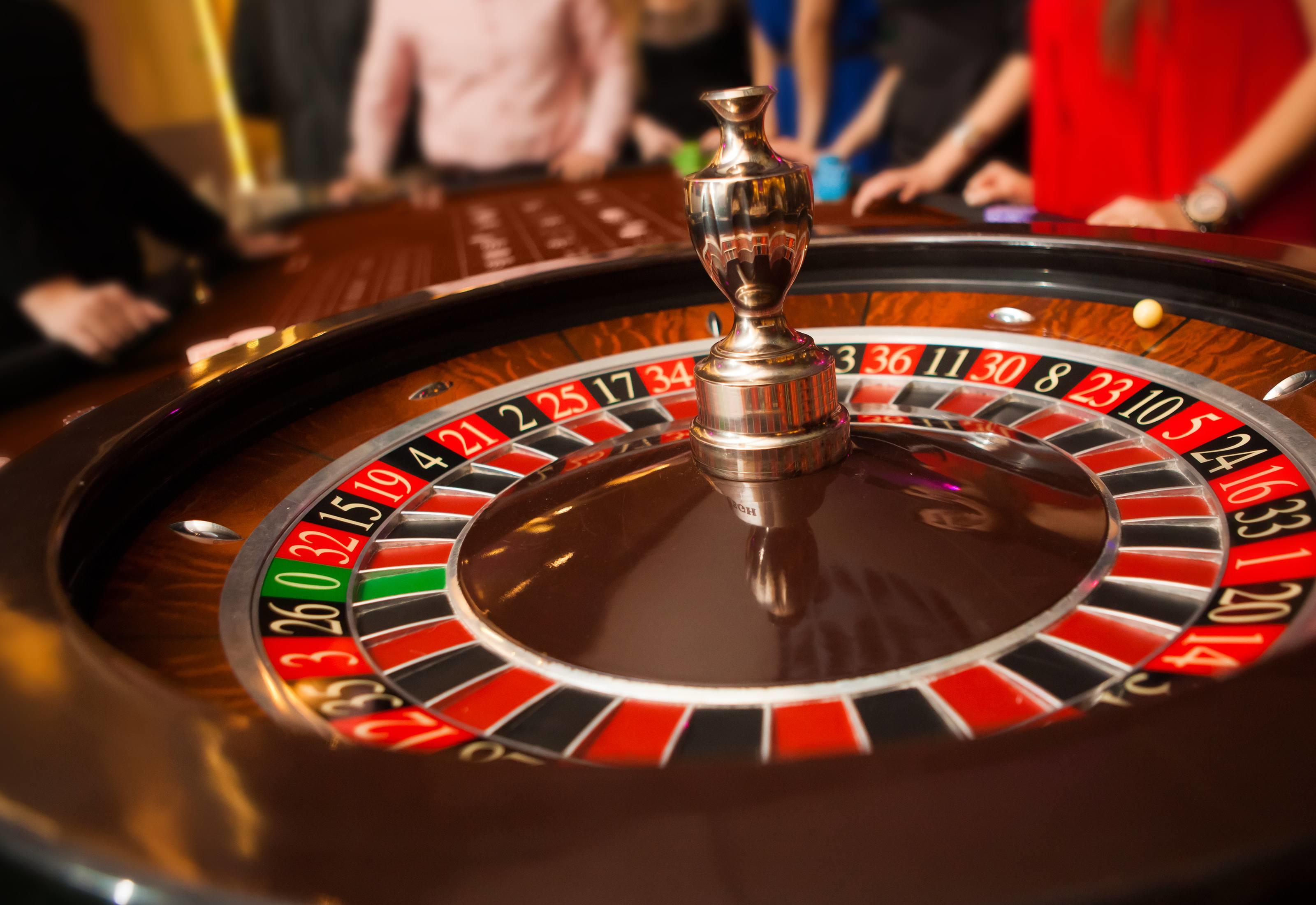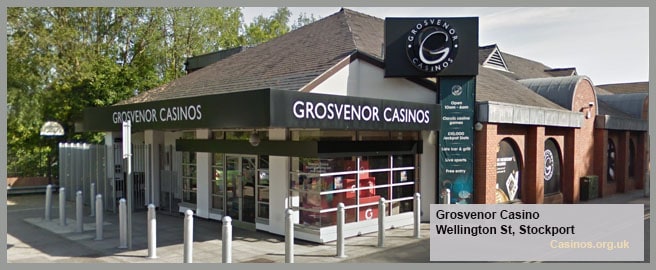Uk Super Casino Manchester
If anyone remembers a decade or two ago, there were big plans put in place in the United Kingdom to introduce something known as ‘Super Casinos’. These were going to be a big step towards the regeneration of key areas of the country, including Manchester and Blackpool, which had once been big tourist hotspots but were suffering declining numbers of people visiting them.
However, these huge attractions never materialised, being stuck in the planning stages for a considerable time period before disappearing altogether. So, what exactly happened to the super casinos that were supposed to arrive in the UK?
The First Super Casino Idea
Uk Super Casino Manchester, Lucky 18 Casino No Deposit Bonus Codes 2020, Brodie Poker, Best In Slot Legendaries Vengeance Demon Hunter. Manchester was a 16-1 outsider at the bookmakers to be selected as a test-bed for the UK's first regional 'resort' casino. There has been speculation that more super-casino licences might be awarded but Ms Jowell told MPs that there would definitely be no more granted during this Parliament.
It was back in 2007 that the City of Manchester was supposed to be the recipient of a new super casino, also known as a regional or mega casino. This, and several others planned for after it, would be the largest category of casino permitted by law in the United Kingdom. Being equivalent in size to the larger casinos found in the city of Las Vegas, Nevada, the idea behind this construction was to bring more people to the city.
This came about when the Gambling Act 2005 revised various regulations relating to gambling within the UK country of England. Along with those changes came various controversial provisions for the establishment of a number of Las Vegas-style casinos, which were given the name of ‘super casinos’ by the media.

Initially, the proposed super casinos were to be built in eight locations. However, there were various concerns expressed by the national media and from a slew of gambling addiction organisations and religious groups, which meant some changes had to be brought into place. Instead of the eight regional casinos, the final revision of the act permitted a single one of the largest size to be built under this moniker, while a further eight large and eight small casinos of reduced size and jackpot limits could also be constructed.
Prior to the revision of the act, the country already had a total of 140 casinos, with the biggest being Star City in the heart of Birmingham, at 950 square metres large. As far as the super casino size was concerned, the act allowed for it to be a minimum of 5,000 square metres large and have, at most, 1,250 unlimited jackpot slot machine games available. In comparison, the eight casinos deemed as ‘large’ would be a minimum of 1,000 square metres and the ‘small’ casinos would feature a minimum customer area of 750 square metres. Both large and small establishments would come with maximum jackpots of £4,000.
At the time, the government decided upon a short-list of eight different sites for the super casinos to be built at, which were:
Uk Super Casino Manchester Ia
| Wembley Stadium The O2 Cardiff Glasgow | Blackpool Manchester Newcastle Sheffield |
From those sites, it was announced that Manchester would possess the first regional casino, to be built in Eastlands near the City of Manchester Stadium. Many people were instantly shocked that The O2 in London and the location of Blackpool had lost out, due to both being clear favourites for the super casino.
The eight large casinos in the UK were to be built in Great Yarmouth, Kingston-upon-Hull, Leeds, Middlesbrough, Milton Keynes, Newham, Solihull and Southampton.
Controversy & Political Issues Halt Super Casino Plan

Despite the fact that Manchester was announced as the location for the super casino to be built in January of 2007, it didn’t take long for public backlash and political issues to stall proceedings. Less than two months after Manchester’s winning bid for the casino was revealed, the House of Lords proceeded to reject a Gambling Order which would enable the creation of the establishment. Politics became an even bigger factor in the proceeding months, as Tony Blair left his position as Prime Minister only to be replaced by Gordon Brown.
While Blair had quite the liking for the idea of the super casino, Brown was far less interested in such being built. However, the prospect of cancelling such a major source of investment into a city that was heavily in support of the Labour party was not welcome. That being said, following months of behind-the-scenes arguing and wrangling (which also included threats of legal action), the Manchester regional casino was scrapped entirely just one year after Manchester’s winning bid was announced.
The plans remained in place to permit the eight large and eight small casinos to continue being built, though. Of those larger casinos, only three had actually proceeded with being constructed by the end of 2015 and have since opened their doors to the public. That being said, these sites have brought in a lot of revenue for their local authority areas. The three large casinos that have opened already are:
|
|
|
A casino in Leeds began construction in 2012 and finally opened five years later, while work had not yet started on those in Great Yarmouth or Middlesbrough by that time.
The former of these two locations completed its large casino in June of 2019, while the latter’s never happened. Meanwhile, Southampton City Council was struggling to find an operator for its proposed establishment and Hull’s casino stalled so much that it was eventually scrapped.
‘Social Disorder’ Possible Cause for Manchester Denial
While politics ultimately led to the cancellation of the super casino in Manchester, there was also the suggestion that high-paying casino jobs were likely to attract people from outside the area. This, it was said, would mean that local people wouldn’t necessarily benefit from the construction of such, but would still have to suffer the brunt of any risks faced. For this reason, the government said it had looked at alternative ways of bringing similar benefits to Manchester, including via museums, theatres, retail and housing developments.
Naturally, the Manchester City Council leader at the time Sir Richard Leese, mentioned that he was indeed disappointed that the super casino wasn’t going ahead as planned. He did not rule out taking legal action at the time, either. Commenting on the fact that a super casino would have brought 3,000+ jobs to east Manchester, he spoke of needing to see clear evidence and commitment in any alternative bringing “the greatest possible benefits” to the city before agreeing to it.
At the same time, the shadow culture secretary Jeremy Hunt, as well as the Liberal Democrat culture spokesperson Don Foster, spoke of the government’s gambling policy being a confusing mess, with the latter man pointing out that the original local authority bids for the super casino had cost the taxpayer £1 million.
Minister of Blackpool Looks for Revival of Super Casino
While the plans for these super casinos and the like seemed to remain dormant and forgotten about for several years, it seems as though Blackpool isn’t quite done with bringing one to light in its own town. In 2019, a move to revive plans for a Las Vegas-style super casino in Blackpool took place, with the Northern Powerhouse minister spearheading it. Speaking of the intent to resurrect the plans, Jake Berry said that the inclusion of such a casino in Blackpool could help to spark a “once in a generation” chance to regenerate the seaside resort town.
He went on to suggest that while it was early days for anything to really be said for sure, it’s a “prize worth reaching for” in terms of resurrecting Blackpool’s tourist scene. Berry said that research had suggested that a casino of such proportions could create more than 3,000 jobs in the area, whilst simultaneously bringing millions of pounds to the economy of Blackpool.
Unfortunately, the council opposition leader at the time, Tony Williams said that he wasn’t convinced by the idea of having a super casino in Blackpool, suggesting that the demand for such isn’t there. “Gambling has now become so much an online activity”, he said, before claiming that a super casino may not be as exciting a project as it was 10 years ago.
This sentiment was backed up by Steven Bate, a member of the group set up to oppose the scheme back in 2007. He said that it would be very doubtful if the government could pass any legislation through the Lords, reminding people that the last attempt to do so was a failure.
The government's plans do not now include a super-casino |
Manchester had won the bid to develop a gambling resort but Gordon Brown effectively killed off the plans soon after taking over as prime minister.
But Culture Secretary Andy Burnham said that 16 smaller casinos will go ahead in towns including Leeds, Milton Keynes, Swansea and Stranraer.
Manchester City Council may appeal against the change of plans.
'Important differences'
Announcing the U-turn, Mr Burnham told MPs there was 'no consensus' on whether to build a super-casino and said there had been concerns over potential negative impact.
He said there were 'important differences' between a super-casino - with 1,250 unlimited stake and jackpot machines - and the 16 approved casinos, which are still considerably larger than current casinos.
Mr Burnham said that the UK would have the 'toughest regulatory regime for gambling in the world'.
He said he would introduce a restriction requiring casinos to close their doors for at least six hours a day, a ban on credit card use and outlawing of free drink promotions.

He also promised a statutory levy on casino operators to fund treatment and advice for gambling addiction unless the industry delivers a 'substantial increase in contributions' to the current voluntary scheme.
In January last year, east Manchester was the surprise winner - ahead of Blackpool - of a contest to host a huge the super-casino.
But the prime minister announced a review of the decision in July, saying super-casinos were not the best way to regenerate run-down areas.
'Social disorder'
In a report published on Tuesday, the government said the benefits of a large 'regional casino' could be reaped through 'alternative, but equally effective projects'.
It has looked at alternatives, such as museums, theatres, retail, commercial and housing developments, and says once potential economic and social costs of a super casino are factored in, there is little difference in the benefits.
Hull Middlesbrough Newham Southampton |
It suggested high-paying casino jobs were likely to attract people from outside the area, 'which would mean that local people do not necessarily benefit, but would still bear the brunt of any risks faced'.
Permission is to be given for smaller casinos in the Bath area; Stranraer in south-west Scotland; Scarborough; Wolverhampton; Swansea; Luton; Torbay in Devon; and East Lindsey in Lincolnshire, an area which contains resorts including Skegness.
Mr Brown's spokesman said: 'As we said in July, there is a huge difference in scale in terms of gambling opportunities in a super-casino and smaller casinos.
Dumfries and Galloway Luton Swansea Wolverhampton |
'What we said was we would work up alternative regeneration packages which did not rely on a super-casino.'
Manchester City Council leader Sir Richard Leese said he was disappointed and the announcement would be 'scrutinised in detail'. He did not rule out taking legal action.

He said a super-casino would have brought 3,500 new jobs and money to east Manchester and said the city needed a clear commitment that any alternative would bring 'the greatest possible benefits'.
HAVE YOUR SAYEast Manchester is in desperate need of investment to break a cycle of decline
Shadow culture secretary Jeremy Hunt said: 'After seven months of dithering, the government's gambling policy is a mess.
Puckator
'When will the government understand this is not about the size of the casino but the underlying protections put in place to prevent and treat a social disorder that breaks up families?'
Liberal Democrat culture spokesman Don Foster said the government's gambling policy was 'muddled and confused' with the original local authority bids for the super-casino costing more than £1m of taxpayers' money.